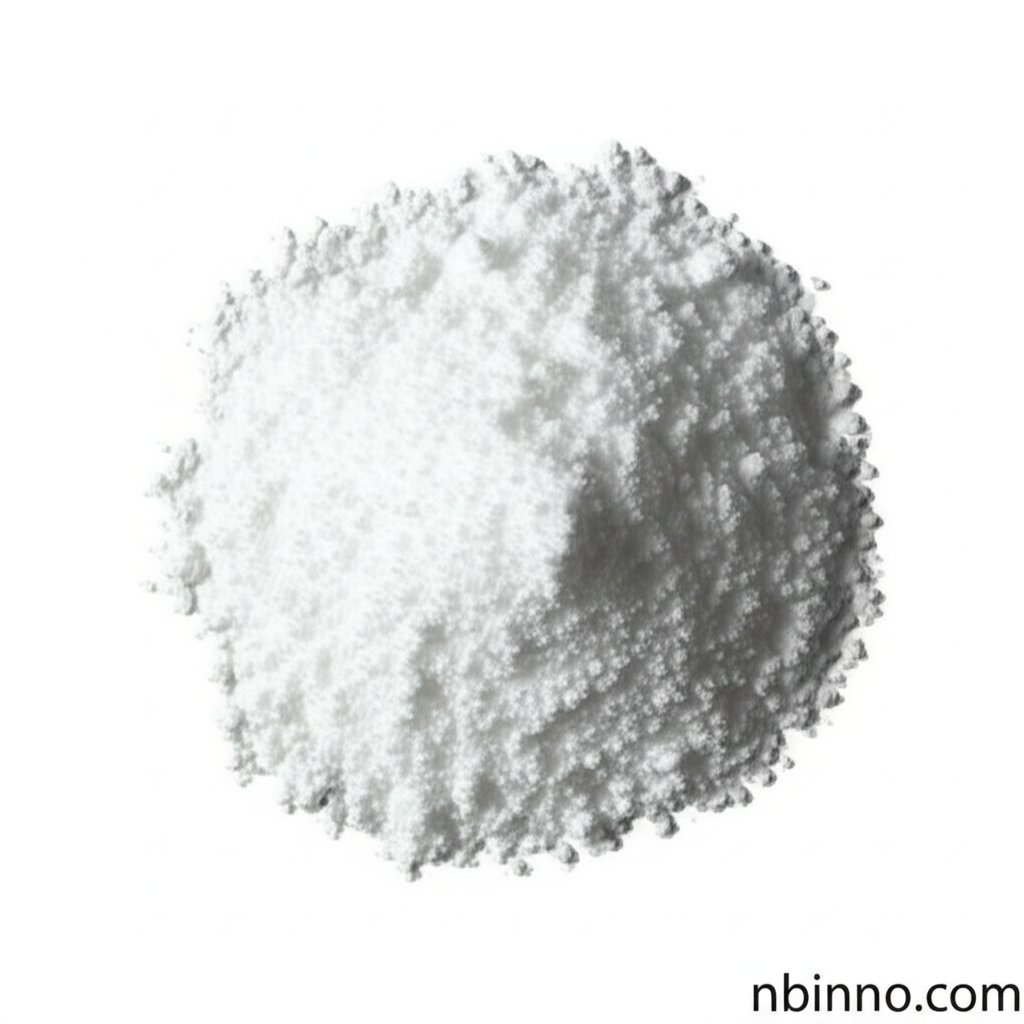Dasatinib: A Potent Tyrosine Kinase Inhibitor for Pharmaceutical Research and Development
Discover the power of Dasatinib, a key molecule in targeted cancer therapy and a vital research chemical.
Get a Quote & SampleProduct Core Value

Dasatinib
Dasatinib is a highly effective small molecule inhibitor targeting SRC-family protein-tyrosine kinases, including BCR-ABL. It is crucial for research into chronic myeloid leukemia and other cancers, offering a potent solution for overcoming drug resistance.
- Explore the efficacy of Dasatinib for overcoming imatinib resistance in CML, a critical area for leukemia treatment.
- Secure a reliable Dasatinib supplier in China for your pharmaceutical chemical raw material needs.
- Investigate Dasatinib's mechanism as a potent BCR-ABL inhibitor for targeted cancer therapy.
- Understand the applications of this SRC family kinase inhibitor in advanced cancer drug discovery tools.
Key Advantages
Superior Purity
Achieve precise results with Dasatinib boasting an assay of NLT 99.0%, ensuring the highest quality for your research and development projects.
Therapeutic Efficacy
Leverage Dasatinib's proven ability to inhibit proliferation and overcome resistance, making it a vital component for developing new cancer treatments.
Research Versatility
Utilize Dasatinib as a critical pharmaceutical chemical raw material and a research chemical for various oncology studies.
Key Applications
Oncology Research
Dasatinib serves as a cornerstone in researching targeted therapies for various cancers, particularly leukemia, by inhibiting key signaling pathways.
Drug Development
Its role as an API makes it indispensable for the development of novel anti-cancer drugs, especially for patients with resistant forms of cancer.
Biochemical Studies
The specific inhibition of BCR-ABL and SRC kinases makes Dasatinib a valuable tool for understanding cellular signaling in cancer progression.
Pharmaceutical Intermediates
Dasatinib can be a critical intermediate or reference standard in the synthesis and quality control of related pharmaceutical compounds.
